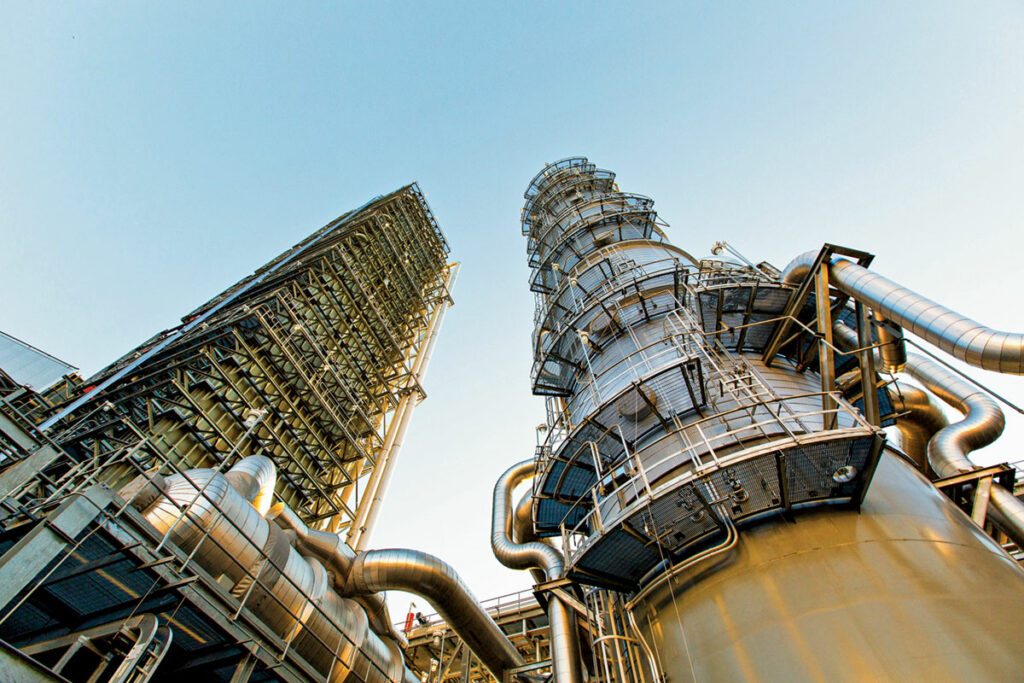The New York Times recently offered a cheerful piece on “Changing the DNA of Living Things to Fight Climate Change”. Or maybe not so cheerful since it was overlined “Buying time”. But really, where is the humility? We are really going to fix nature once and for all, having eaten the genetically engineered apple, so our carbon sins won’t need to be forgiven? Are we smart and wise enough to do it and get it right? Does our previous record of changes to ecosystems, deliberate or accidental, really inspire confidence in our next great leap forward in this regard?
The Times seems to think so:
“With the push of a red button, a milky-colored liquid sprayed onto a load of corn seed at a warehouse in central Missouri. It was a hint of a revolution underway in American agriculture, driven by a desire to combat climate change while still feeding and fueling the world. Inside that liquid were bacteria whose DNA had been altered so that once the corn seeds are in the ground, the bacteria create extra nutrients for the plants. That could greatly reduce the need for the chemical fertilizers that dominate modern agriculture and are a source of the pollution that is heating the planet.”
We won’t take issue with their recital of the modern Promethean catechism about “the pollution that is heating the planet”. Nor are we opposed to more efficient agriculture. But we do ask whether we can really rewrite the ecosystem using CRISPR and have it work.
Naturally they portray the existing system as a nightmare. Modern agriculture is heavily dependent on ammonium nitrate, made by mixing atmospheric nitrogen with hydrogen from natural gas “at high temperatures and pressure” and then spread on or injected into the soil. Causing disaster, of course:
“Chemical fertilizer is credited with helping to produce enough food for a world population that has ballooned from about 1.6 billion in 1900, when the process was created, to about 8 billion today. But it has also added to the climate crisis in two ways. Making fertilizer produces carbon dioxide, which traps heat from the sun. When it’s spread on soil, a portion of that fertilizer is released into the air as nitrous oxide, a greenhouse gas many times more potent than carbon dioxide.”
Not to sound a dour note. But if our last attempt to be better than nature led to this debacle, why are you so confident the next won’t be worse? Not everyone is. The article warns of:
“intense pushback. An unusual coalition of interests that includes an organic farming group, the environmental organization Friends of the Earth and the conspiracy theorist Alex Jones argues that supercharging nature by rewriting the genetic code could have unintended consequences. Manufacturers of chemical fertilizer are also raising doubts about the new industry player.”
Well, Alex Jones so never mind. Anyway, they go on to profile various other boffins using AI to fix nature.
Examples of this mentality are everywhere, including the failed venture we described in late September, which raised millions of dollars from various Silicon Valley climate alarmists, to sow tiny kelp buoys into the world’s oceans on the premise that they would then grow much more kelp “than that dopey evolution could manage”, to quote ourselves. They never even got to the buoys. But the idea that kelp would not grow naturally in response to pro-kelp conditions, whereas it would if we gave it a shove, makes you wonder if they ever heard of evolution.
Isn’t the whole point survival of the fittest in a ruthless, red-in-tooth-and-claw battle for scarce resources? Isn’t everything already maximizing its opportunities in Darwin’s jungle? It’s not as if we cannot, with some determination, selectively breed animals and rotate crops. Or get carried away, impose industrial monoculture and make a big mess.



From Prickly Pears to Aussie Rabbits,there’s one thing we should have learned, DONT!
I have not given the 'New York Times' much credit for good journalism or brains.
The very idea that DNA of anything could change or slow climate change is obsurdity at best.
The second segment about the population and the fertilizers it takes to feed everyone,,
But did they even bother to read the 2013 study released by the former Head of the Department of Agricultural ( sorry I lost his name) where he mentioned that between the years 2007 to 2010 that the earth as a whole, produced enough food to feed a minimum of 10 million. That with 14 country's suffering from drought and food shortages. (Yes that's 10 million each year.)
It's sad the alarmist of any kind fail to see a much larger picture around them. And as I have mentioned in the past, once you point this error and failure to them, they refuse to debate or have any responsibility conversation with you.
Have fun at the GOP 29, and we all look forward to your reports.